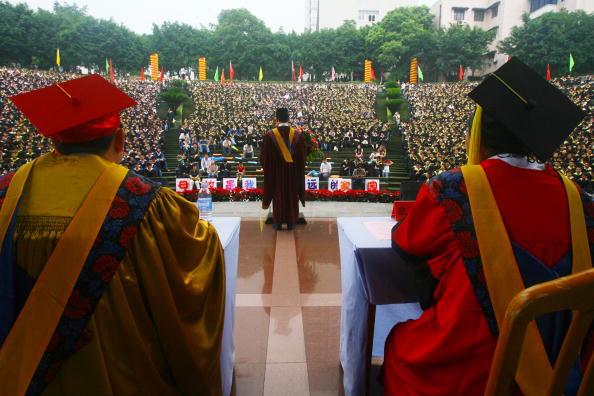Recent cases of Chinese professors being punished for comments they made have revealed the long arm of the Chinese regime’s control over university campuses.
You Shengdong, an economics professor at Xiamen University in Xiamen, a city in southern China’s Fujian Province, was dismissed after a student tipped off school authorities about You’s political comments during a class in June. University higherups deemed his speech too “extreme.” Since then, hundreds of outraged Xiamen University students have taken to Weibo, a social media platform similar to Twitter, calling for You to be reinstated.




